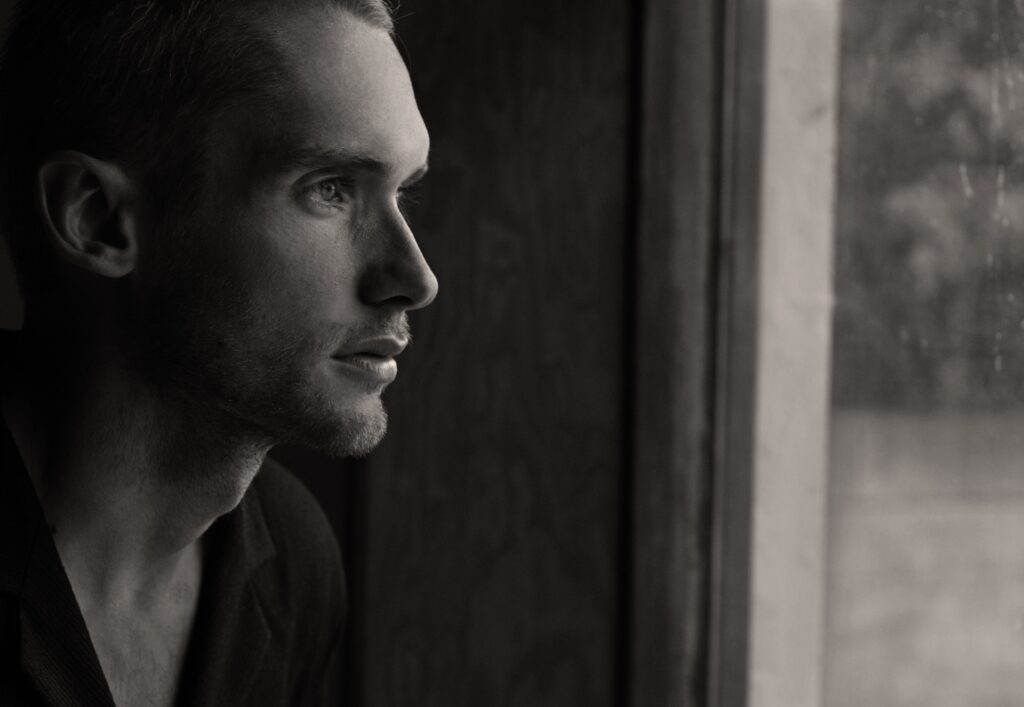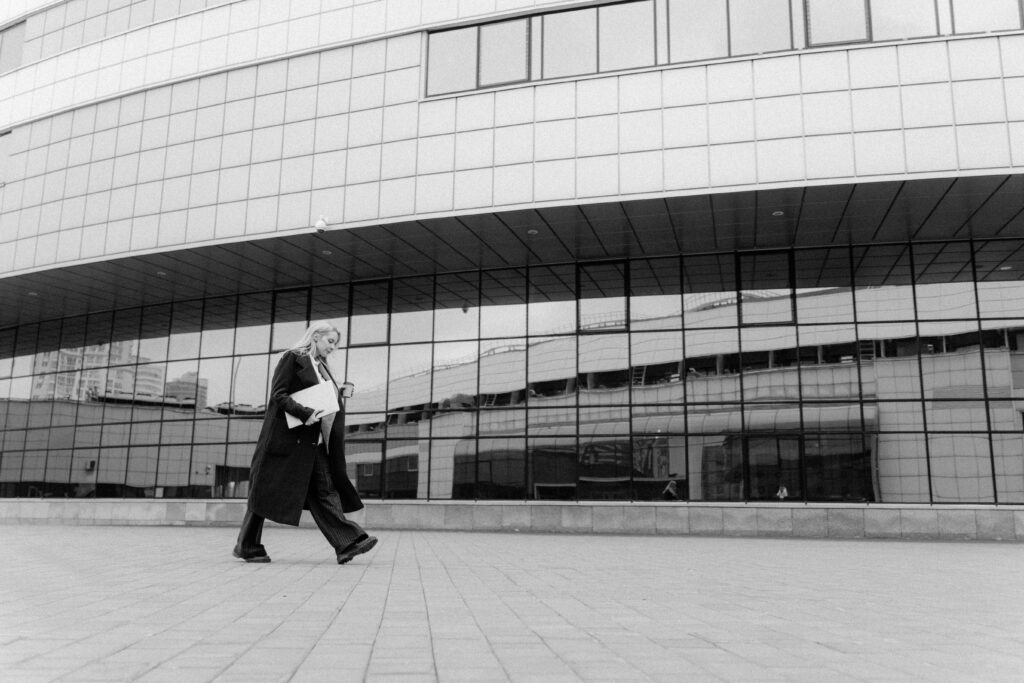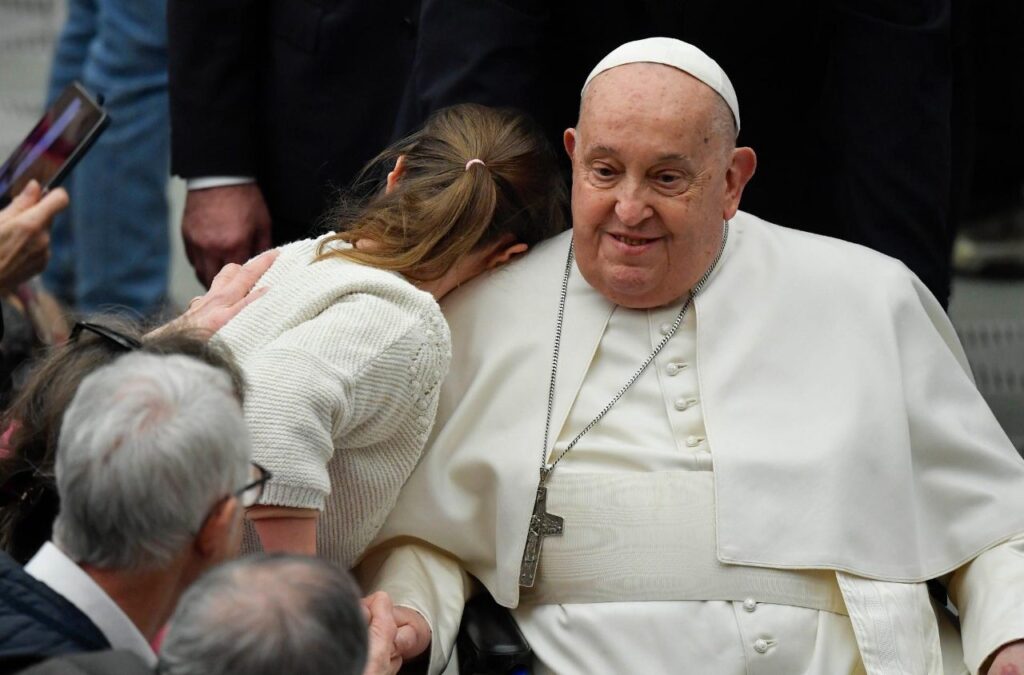Posthumans
Redesigning human nature through AI and nanoengineering

Under the title “The Singularity is Nearer: When We Merge with AI,” American futurist and scientist Ray Kurzweil takes us to a world in which immortality will be achieved thanks to artificial intelligence. It is about modifying our nature through technology and thus transforming us into posthumans. In his recently published book The Singularity is Nearer, which is a continuation of The Singularity is Near (2005), Kurzweil tells us that human beings are about to enter a new era in which man will merge with artificial intelligence (AI). The word singularity comes from the physics of black holes, since we would be absorbed by the increasingly perfected computing capacity.
The author of this book has certainly predicted some things quite successfully, such as the global information network, mobile devices linked to that network, or the analysis of X-rays using a neural network in a very convincing way. He has also predicted that in 2029 we will have an AI capable of imitating a human being, something that seems much closer to us today.
In his latest publication, Kurzweil assures that by 2029 AI will be “better than all humans” in “all the skills that any human being possesses.” He announces that solar energy, thanks to AI, will dominate the global energy supply with access to free consumer goods, which will “make it possible to easily meet everyone’s needs” by the 2030s.
If we talk about Medicine, there is a part of the book that deals with the COVID-19 vaccine and that literally says: “But by far the most important application of AI to medicine in 2020 was the key role it played in designing safe and effective vaccines against COVID-19 in record time. On January 11, Chinese authorities published the genetic sequence of the virus. Moderna scientists went to work with powerful machine learning tools that analyzed which vaccine would work best against it and, just two days later, they had created the sequence for their mRNA vaccine. On February 7, the first clinical batch was produced. After preliminary testing, it was sent to the National Institutes of Health on February 24. And on March 16, just 63 days after the sequence was selected, the first dose was administered to the arm of a trial participant. Before the pandemic, vaccines typically took five to ten years to develop. Achieving this breakthrough so quickly surely saved millions of lives.”
“The long-term goal is nanorobots,” says Kurzweil. He says that nanorobots will soon feed into the human circulatory system and reach our brains to connect the neocortex to the cloud and thus increase our intelligence “millions of times.” This is what he means when he talks about “the Singularity.” Thus, nanobots will take us to a virtual world, and we will be able to enjoy, for example, a “virtual beach vacation for the whole family with a great sensory charge” without having to leave our comfortable armchair. He predicts that nanotechnology will improve the human body and that this will allow us to “run much faster and for longer, swim and breathe under the ocean like fish, and even give ourselves functional wings.”
The author of this book believes that the Turing test, that is, that computers will reach an intelligence comparable to and indistinguishable from that of a human being, will arrive before 2030 and with a “superhuman capacity.”
In reality, we do not know if we are dealing with a scientist or a utopian novelist, but it is very interesting. To maintain that, with the great linguistic models, machines will be able to be like human brains “in all the ways that interest us in the next two decades,” and to assure: “We will finally have access to our own source code,” is very bold but hardly credible. Computer science cannot be identified with human consciousness or intelligence. Saying that consciousness is “very much like a fundamental force of the Universe” reveals that the author confuses different planes and realities, as if something spiritual or immaterial could be assimilated to something tangible. That is why he comments that “it is the type of complexity of information processing that is found in the brain, which ‘awakens’ that force in the type of subjective experience that we recognize.” By pointing out that something is complex, it does not follow that a different reality emerges from it, as if by magic.
This imaginative author announces that nanobots will copy our memories to store them in the cloud. He assures us that the advance of AI and nanoengineering “will allow us to redesign and reconstruct – molecule by molecule – our bodies and brains and the worlds with which we interact.” And that people will be able to achieve “escape velocity of longevity,” living much longer, by 2030. Ultimately, Kurzweil’s fight is against death to try to bring his father Fredric back to life, even as a virtual avatar. To preserve someone’s identity, he stores all of their writings and words in digital form. He would then have to unite the virtual copies with physical bodies “grown from the DNA of the original person,” so that it is possible to “continue a relationship with that person, even a physical one, including sex.” Everything leads us to “merge” with AI, and he asserts: “Nothing is being removed. A lot will be added.”
Ray Kurzweil is disappointed with his human nature, he would like to learn faster and overcome his uncertainties, fears or wounds. But he is sure that we will be able to make death disappear, reproduce our own life and make it more perfect, freeing ourselves from current biological weaknesses, all thanks to the singularity. What ends up being a kind of technological religion in which God is replaced by something that is not well known what it is or how it works, but in which we have blind faith.
Although the author is aware that something can go wrong or very wrong; however, his faith in technology leads him to think that the solution to the problems that arise will be in it. But the danger still exists, and it can end in tragedy. However, this futurologist promises us that “If we can face the scientific, ethical, social and political challenges that these advances pose, we will profoundly transform life on Earth for the better.” Everything then remains a promise subject to conditions that, in my opinion, will not be met.
I am a scientist and I admire science and technology, including advances in AI, but this proposal raises many doubts in me. Human nature is a wonderful thing, and we do not need to rub the lamp for an evil genie to ruin it, even if it is with the desire to improve it or change it for another that will transform us into something unrecognizable. Let us leave aside the singularity that the futuristic genius proposes to us and value the singular wonder of continuing to be human.
Related

Divine Mercy, the Small and the Great
José María Montiu de Nuix
27 April, 2025
5 min

Reversing Social Deterioration: A Task That Begins in Business Management
Alejandro Fontana
25 April, 2025
4 min

The Revolution of Tenderness
María Elizabeth de los Ríos
25 April, 2025
3 min

His Hope Does Not Die!
Mario J. Paredes
24 April, 2025
6 min
 (EN)
(EN)
 (ES)
(ES)
 (IT)
(IT)

